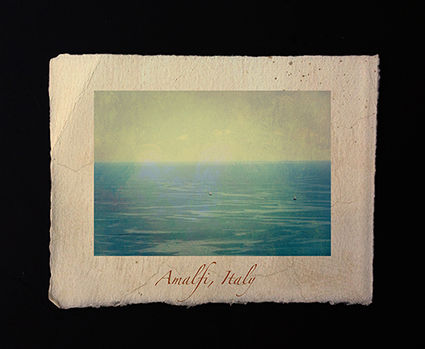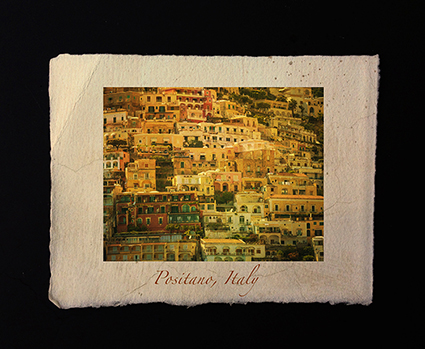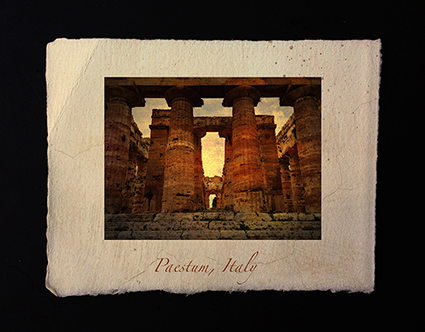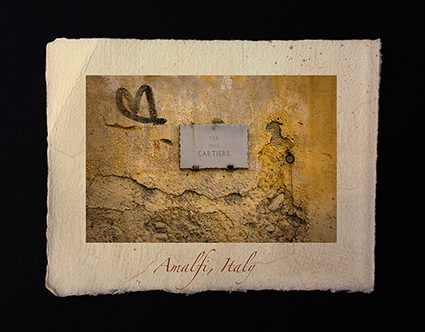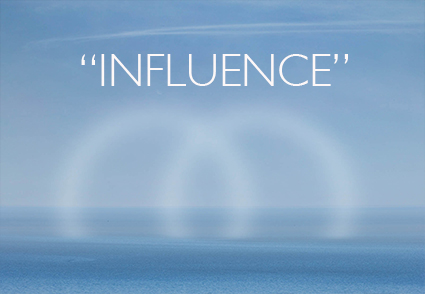22 Quotes By Photographer Alfred Eisenstaedt
Here’s a collection of my favorite quotes by photographer Alfred Eisenstaedt.
“All photographers have to do, is find and catch the story-telling moment.” – Alfred Eisenstaedt
“It’s important to understand it’s OK to control the subject. If most editorial stories were photographed just as they are, editors would end up throwing most in the waste basket. You have to work hard at making an editorial picture. You need to re-stage things, rearrange things so that they work for the story, with truth and without lying.” – Alfred Eisenstaedt
“I have to be as much diplomat as a photographer.” – Alfred Eisenstaedt
“In a photograph a person’s eyes tell much, sometimes they tell all.” – Alfred Eisenstaedt
“It’s more important to click with people than to click the shutter.” – Alfred Eisenstaedt
“I don’t like to work with assistants. I’m already one too many; the camera alone would be enough.” – Alfred Eisenstaedt
“My style hasn’t changed much in all these sixty years. I still use, most of the time, existing light and try not to push people around. I have to be as much a diplomat as a photographer. People don’t often take me seriously because I carry so little equipment and make so little fuss… I never carried a lot of equipment. My motto has always been, “Keep it simple.” – Alfred Eisenstaedt
“With photography, everything is in the eye and these days I feel young photographers are missing the point a bit. People always ask about cameras but it doesn’t matter what camera you have. You can have the most modern camera in the world but if you don’t have an eye, the camera is worthless. Young people know more about modern cameras and lighting than I do. When I started out in photography I didn’t own an exposure meter – I couldn’t , they didn’t exist! I had to guess.” – Alfred Eisenstaedt
“I don’t use an exposure meter. My personal advice is: Spend the money you would put into such an instrument for film. Buy yards of film, miles of it. Buy all the film you can get your hands on. And then experiment with it.That is the only way to be successful in photography. Test, try, experiment, feel your way along. It is the experience, not technique, which counts in camera work first of all. If you get the feel of photography, you can take fifteen pictures while one of your opponents is trying out his exposure meter.” – Alfred Eisenstaedt
“Today’s photographers think differently. Many can’t see real light anymore. They think only in terms of strobe – sure, it all looks beautiful but it’s not really seeing. If you have the eyes to see it, the nuances of light are already there on the subject’s face. If your thinking is confined to strobe light sources, your palette becomes very mean – which is the reason I photograph only in available light.” – Alfred Eisenstaedt
“I always prefer photographing in available light – or Rembrandt-light I like to call it – so you get the natural modulations of the face. It makes a more alive, real, and flattering portrait.” – Alfred Eisenstaedt
“Once the amateur’s naive approach and humble willingness to learn fades away, the creative spirit of good photography dies with it. Every professional should remain always in his heart an amateur.” – Alfred Eisenstaedt
“When I have a camera in my hand, I know no fear.” – Alfred Eisenstaedt
“I enjoy traveling and recording far-away places and people with my camera. But I also find it wonderfully rewarding to see what I can discover outside my own window. You only need to study the scene with the eyes of a photographer.” – Alfred Eisenstaedt
“People will never understand the patience a photographer requires to make a great photograph, all they see is the end result. I can stand in front of a leaf with a dew drop, or a rain drop, and stay there for ages just waiting for the right moment. Sure, people think I’m crazy, but who cares? I see more than they do!” – Alfred Eisenstaedt
“We are only beginning to learn what to say in a photograph. The world we live in is a succession of fleeting moments, any one of which might say something significant.” – Alfred Eisenstaedt
“The way I would describe a pictorial is that it is a picture that makes everybody say ‘Aaaaah,’ with five vowels when they see it. It is something you would like to hang on the wall. The french word ‘photogenique’ defines it better than anything in English. It is a picture which must have quality, drama, and it must, in addition, be as good technically as you can possible make it.” – Alfred Eisenstaedt
“I seldom think when I take a picture. My eyes and fingers react – click. But first, it’s most important to decide on the angle at which your photograph is to be taken.” – Alfred Eisenstaedt
“The important thing is not the camera but the eye.” – Alfred Eisenstaedt
“I dream that someday the step between my mind and my finger will no longer be needed. And that simply by blinking my eyes, I shall make pictures. Then, I think, I shall really have become a photographer.” – Alfred Eisenstaedt
“Yes, I sold buttons to earn living. But I took pictures to keep on living. Pictures are my life – as necessary as eating or breathing.” – Alfred Eisenstaedt
“Retire? Retire from What? Life? I will only retire when I am dead!” – Alfred Eisenstaedt
Read more Quotes By Photographers here.
View Videos On Photographers here.
Find more Quotes in my Twitter and Facebook streams.


